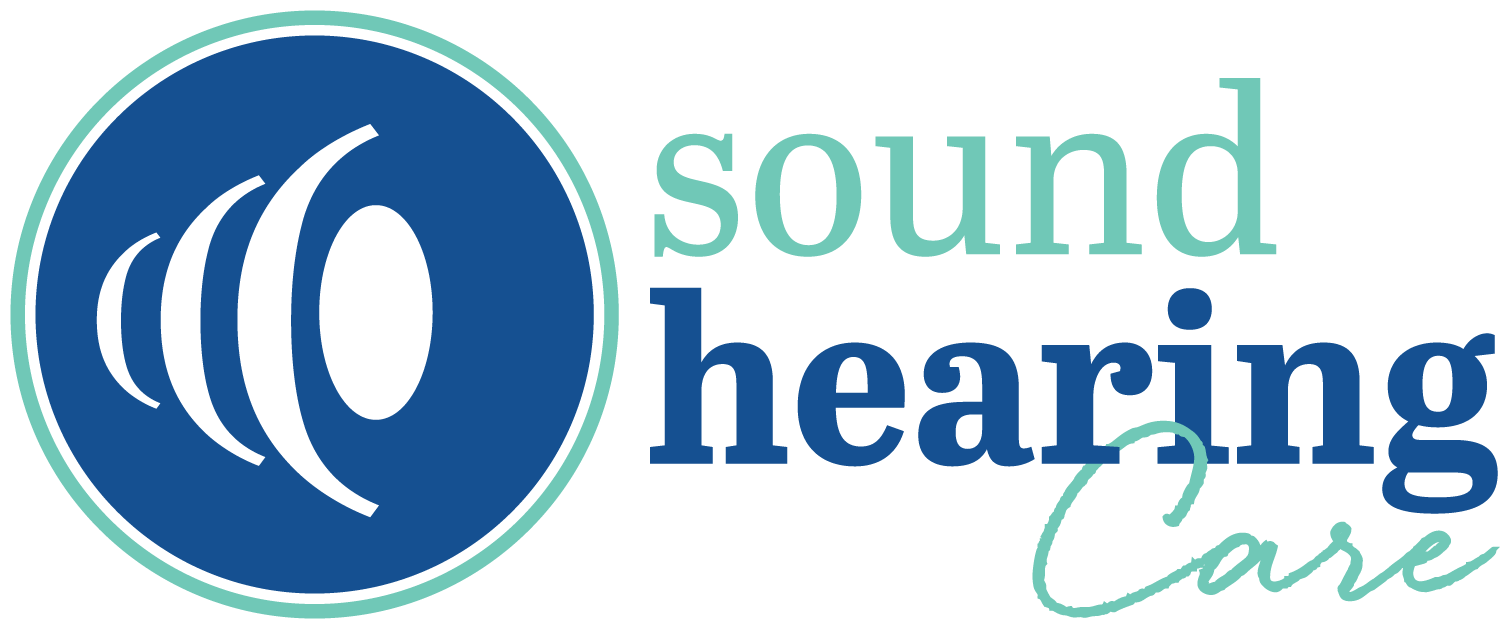Tax Breaks for Hearing Aids
Did you know there are actual tax breaks for purchasing new hearing aids?
The new year is just around the corner and so is tax season. Many people don’t know, but there are opportunities to help you with the high cost of hearing aids. Hearing aids can range from a few hundred dollars to several thousand, and most people don’t have the funds saved to pay for them. Most health insurance plans, including Medicare, don’t provide any coverage for hearing aids. A lot of people even refuse to buy them because they can’t afford them. When you leave a hearing loss untreated, it often leads to a lessened quality of life.
So, what options are available to help with the high cost of hearing aids?
Claiming Hearing Aids as a Deductible Medical Expense
Hearing aids can be claimed as a deductible medical expense, per the Internal Revenue Service (IRS) Publication 502 (Medical and Dental Expenses). In Publication 502, it states that “the cost of a hearing aid and batteries, repairs, and maintenance needed to operate it” can be counted towards your medical expense deduction when you file your taxes every April 15.
The catch with this is that you can only deduct a specific portion of medical and dental expenses. As of 2019, that amount only counts if it exceeds 10% of your adjusted gross income (AGI). So, if the total combined medical and dental expenses for the tax year is less than 10% of your AGI, then none of the health expenses will count.
If your income is significant, you can find ways to reduce it. A couple of examples are increasing the amount you contribute to your retirement accounts or increasing your qualified health expenses by scheduling doctor’s appointments or a surgery that you have been putting off.
Claiming Your Entire Hearing Aid Costs as a Deduction
If you don’t want to keep track of your medical expenses throughout the year (though, we do encourage this) then there are ways that you can claim your hearing aids, batteries, repairs, and maintenance as an expense. If you qualify (based on several factors), you can open a Health Savings Account (HSA) or Flexible Spending Arrangement (FSA).
Both the HSA and FSA have no deduction threshold, and when you contribute cash to the HSA or FSA plans, it helps reduce your taxable income. Any funds that you have in an HSA or FSA account can be used to pay for qualified medical expenses, including hearing aids and batteries. You must make sure any medical cost is considered approved for use in the HSA or FSA plan, otherwise, you could be subject to tax penalties.
For any questions related to medical tax deductions, consult your Certified Public Accountant (CPA) or tax professional.
Sound Hearing Care is available to help you find the best hearing aid that fits your needs and budget. Call us today at 864-881-1663 to schedule an appointment to discuss the options available for you. Our four locations at Simpsonville, Greer, Travelers Rest, and Greenville make it easy to schedule an appointment convenient for you.




